The 'Swiss model' shaking up the Champions League
Uefa says the new format offers 'greater excitement' but critics say boredom is guaranteed
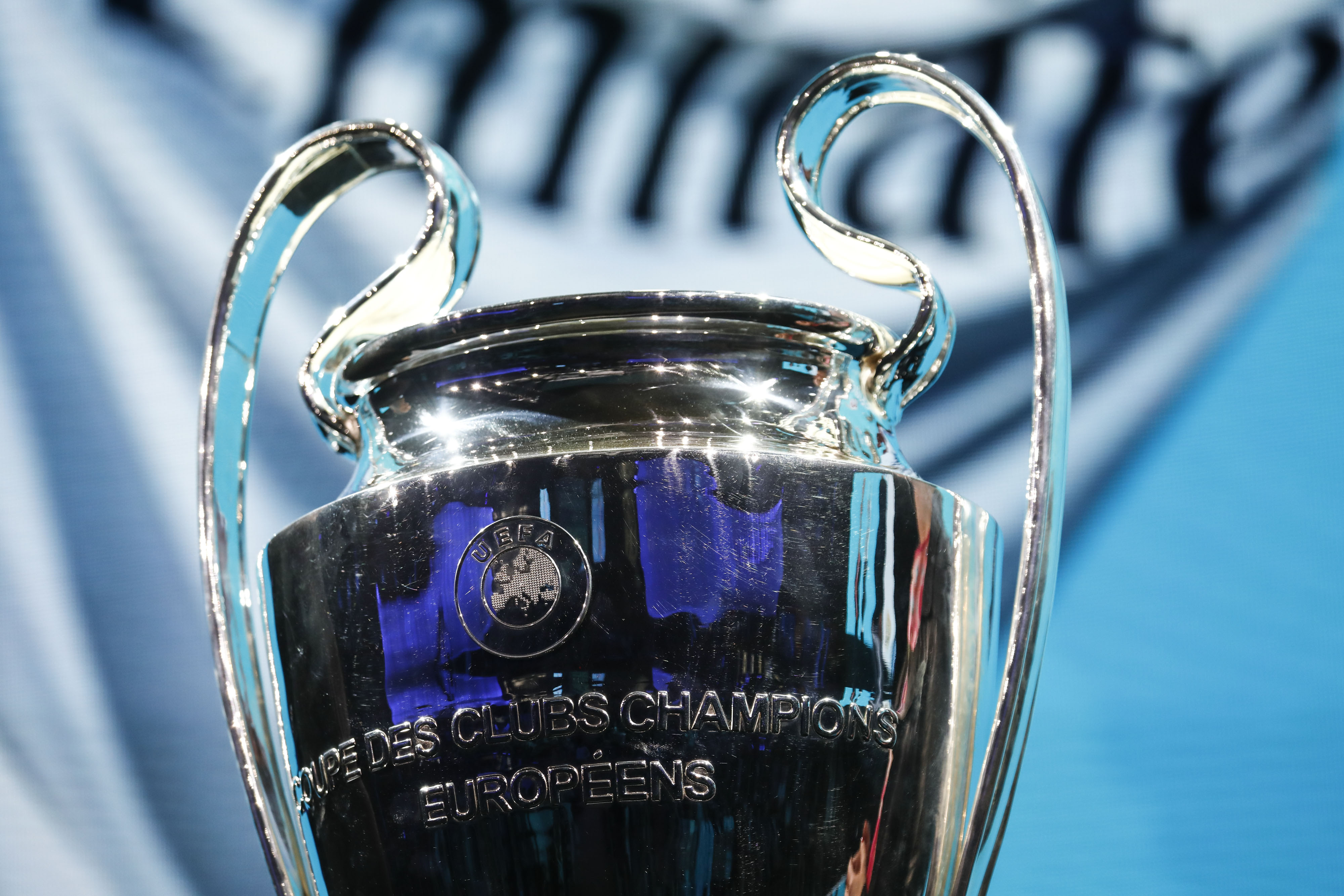
A free daily email with the biggest news stories of the day – and the best features from TheWeek.com
You are now subscribed
Your newsletter sign-up was successful
A competition format used in chess and known as the "Swiss model" will be introduced for this season's Uefa Champions League football tournament.
In the new-look draw, to be held in Monaco this evening, clubs will discover which eight opponents they will meet in the initial stage of this year's competition.
But the format has already proven controversial before a ball is kicked: some say the "high-stakes experiment" offers "more excitement", said Nick Ames in The Guardian, but others "feel it serves the interests of Super League rebels".
The Week
Escape your echo chamber. Get the facts behind the news, plus analysis from multiple perspectives.

Sign up for The Week's Free Newsletters
From our morning news briefing to a weekly Good News Newsletter, get the best of The Week delivered directly to your inbox.
From our morning news briefing to a weekly Good News Newsletter, get the best of The Week delivered directly to your inbox.
A brave new world
Announcing the new system, Uefa said that European football is "one of the world's most successful and popular sports" because "it never stands still". Since its launch as the European Cup in 1955, the tournament has "continuously evolved and adapted" to "keep pace with wider changes in the game".
Between 1955 and 1991 it had a simple knockout format, contested by one club per country (the league champions) and the tournament's defending champions. A group phase was introduced in 1991, and the competition was rebranded as the Champions League the following year. Multiple national representatives were allowed from 1998. A second group stage was tried between 1999 and 2003.
From this season, there will be a new format, known as the "Swiss model", which has been used in chess, croquet, bridge and Scrabble. The Champions League group stage will be replaced by a league structure and the number of clubs has been increased from 32 to 36.
Every club will play a minimum of eight league stage games against eight different opponents (four home games, four away). To determine the eight opponents, the teams will initially be ranked in four seeding pots for this evening's draw.
A free daily email with the biggest news stories of the day – and the best features from TheWeek.com
Clubs that finish the league phase in first to eighth places will automatically go on to the 16-club knockout phase, and the clubs that finish in ninth to 24th places will enter a two-legged play-off, with the winners proceeding to the 16-club knockout.
But the clubs that finish in 25th place or lower will be eliminated from the competition, with no access to the UEFA Europa League as a consolation, as has happened in recent years.
More big-ticket games but less jeopardy
The president of Uefa, Aleksander Ceferin, said the new format, also in force for the Europa and Conference Leagues, will mean "greater fairness, excitement, intensity, emotion and uncertainty".
But it's fair to say it has plenty of detractors. Football's "greatest virtue is its simplicity", said Miguel Delaney in The Independent, but that "certainly isn't how you'd describe this new Champions League", which is "in essence, almost a full European season now running alongside the domestic season".
It "looks a lot" like the big clubs "got what they wanted in a very roundabout way", which is "more games against each other, and a greater likelihood of constantly qualifying". Wide-scale changes like this "alter the psychological architecture of the sport" and "you're not really watching what you know any more".
Perhaps "big-ticket games" will "throw up enough thrillers" to "cast any fresh fears of a Super League into distant memory", said Ames. But "the wisdom" of playing 144 games in order to eliminate 12 teams "may prove wobbly".
"Boredom" is guaranteed, said Thom Gibbs in The Telegraph, as "qualifiers are settled long before the eighth round of fixtures". There will be complaints about scheduling as soon as clubs are "forced to play a domestic game at an inconvenient time" and the League Cup will face "inevitable" death.
"All for what?" he asked – a "witless expansion which looks alarmingly like the Super League entering via the backdoor, surrounded by bouncers".
Meanwhile, The Athletic said that Leandro Shara, a Chilean sports consultant, has threatened to sue Uefa for the "unauthorised and unfair use" of the format, which he claims he invented. He argued that it should be called the "Leandro Shara System", a set-up he copyrighted in Chile in 2006.
Chas Newkey-Burden has been part of The Week Digital team for more than a decade and a journalist for 25 years, starting out on the irreverent football weekly 90 Minutes, before moving to lifestyle magazines Loaded and Attitude. He was a columnist for The Big Issue and landed a world exclusive with David Beckham that became the weekly magazine’s bestselling issue. He now writes regularly for The Guardian, The Telegraph, The Independent, Metro, FourFourTwo and the i new site. He is also the author of a number of non-fiction books.
-
 How the FCC’s ‘equal time’ rule works
How the FCC’s ‘equal time’ rule worksIn the Spotlight The law is at the heart of the Colbert-CBS conflict
-
 What is the endgame in the DHS shutdown?
What is the endgame in the DHS shutdown?Today’s Big Question Democrats want to rein in ICE’s immigration crackdown
-
 ‘Poor time management isn’t just an inconvenience’
‘Poor time management isn’t just an inconvenience’Instant Opinion Opinion, comment and editorials of the day
-
 Indiana beats Miami for college football title
Indiana beats Miami for college football titleSpeed Read The victory completed Indiana’s unbeaten season
-
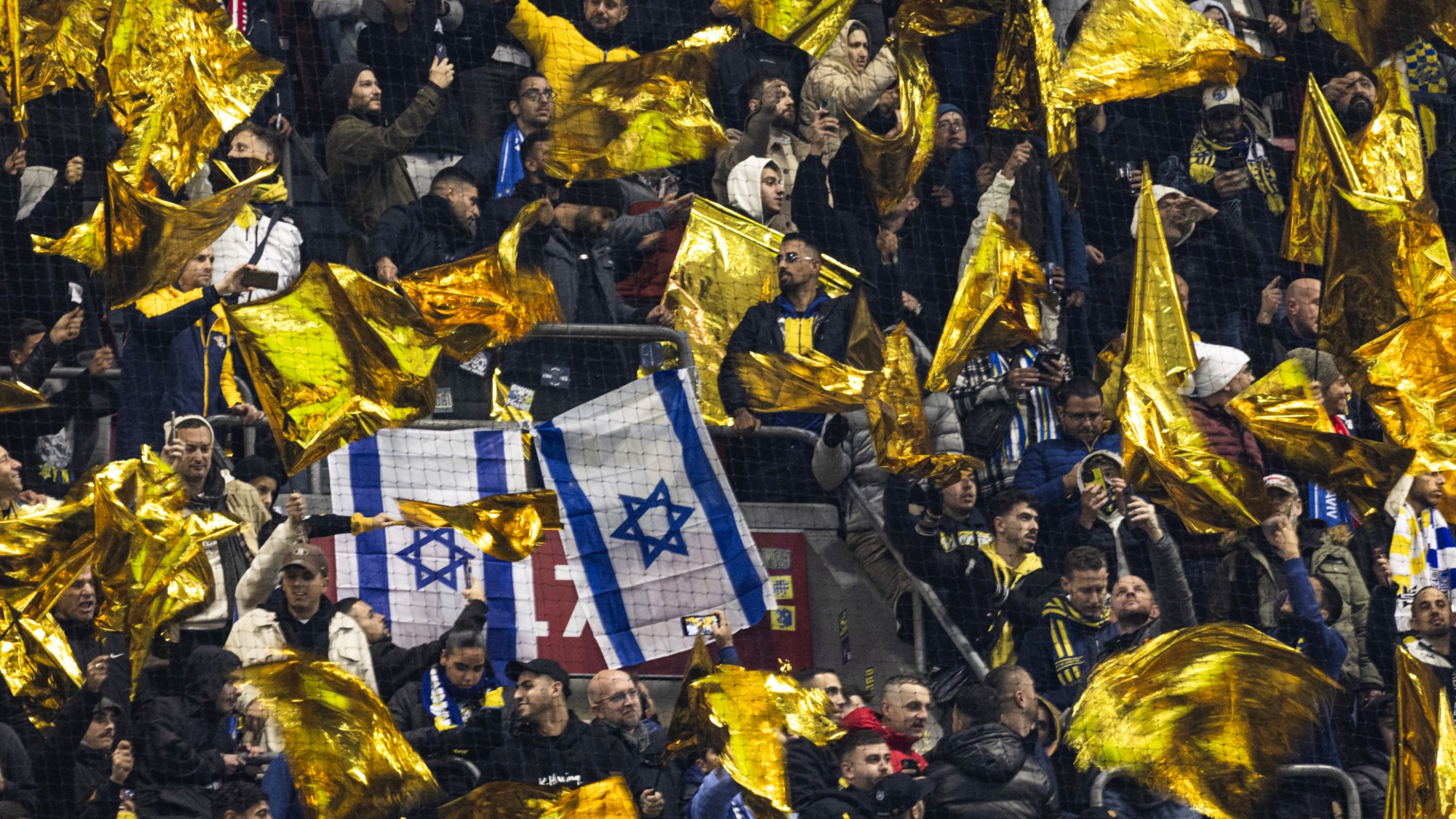 Who is to blame for Maccabi Tel Aviv fan-ban blunder?
Who is to blame for Maccabi Tel Aviv fan-ban blunder?Today’s Big Question MPs call for resignation of West Midlands Police chief constable over ‘dodgy’ justification of ban from Aston Villa match, but role of Birmingham Safety Advisory Group also under scrutiny
-
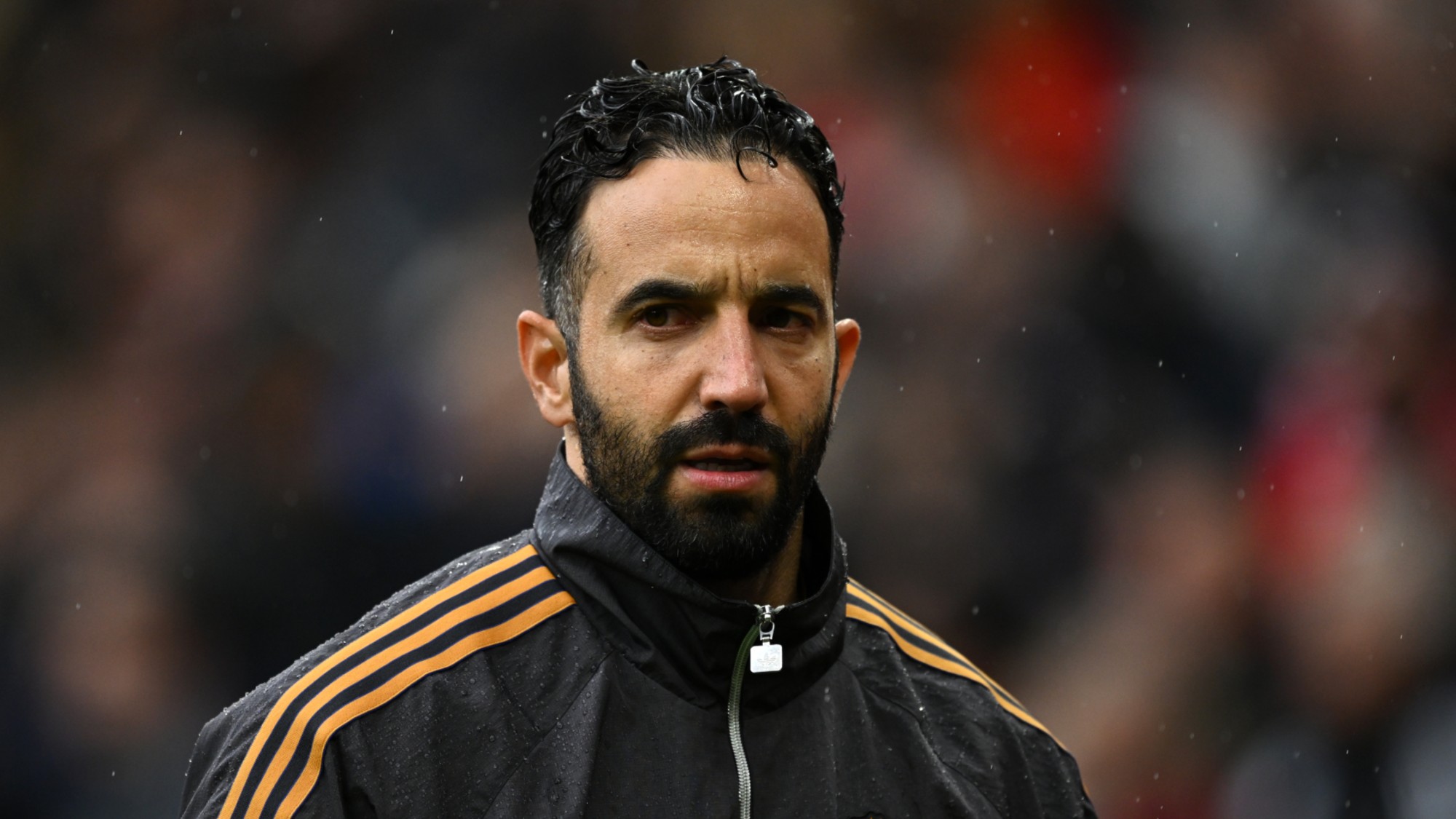 Amorim follows Maresca out of Premier League after ‘awful’ season
Amorim follows Maresca out of Premier League after ‘awful’ seasonIn the Spotlight Manchester United head coach sacked after dismal results and outburst against leadership, echoing comments by Chelsea boss when he quit last week
-
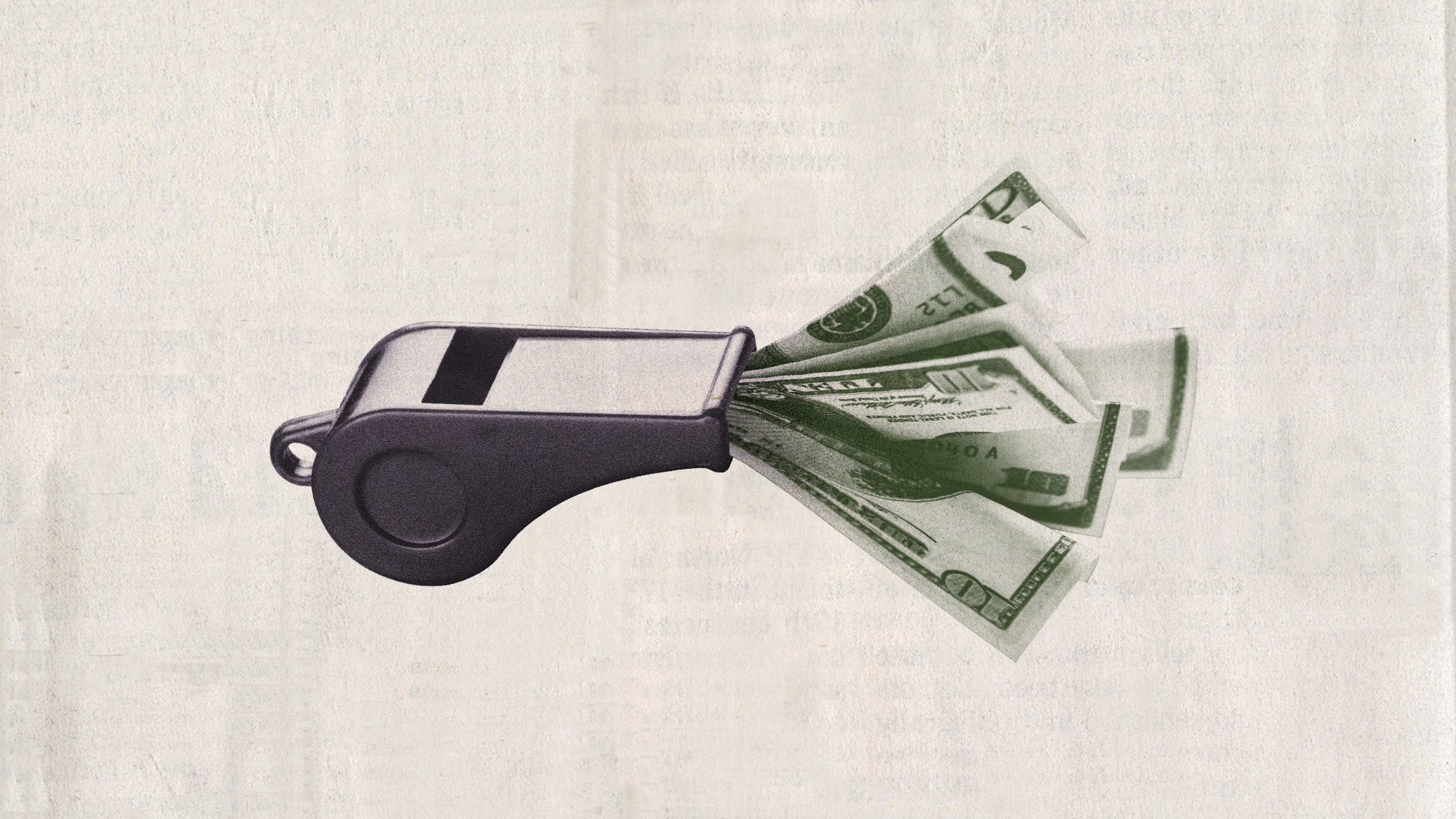 Coaches’ salary buyouts are generating questions for colleges
Coaches’ salary buyouts are generating questions for collegesUnder the Radar ‘The math doesn’t seem to math,’ one expert said
-
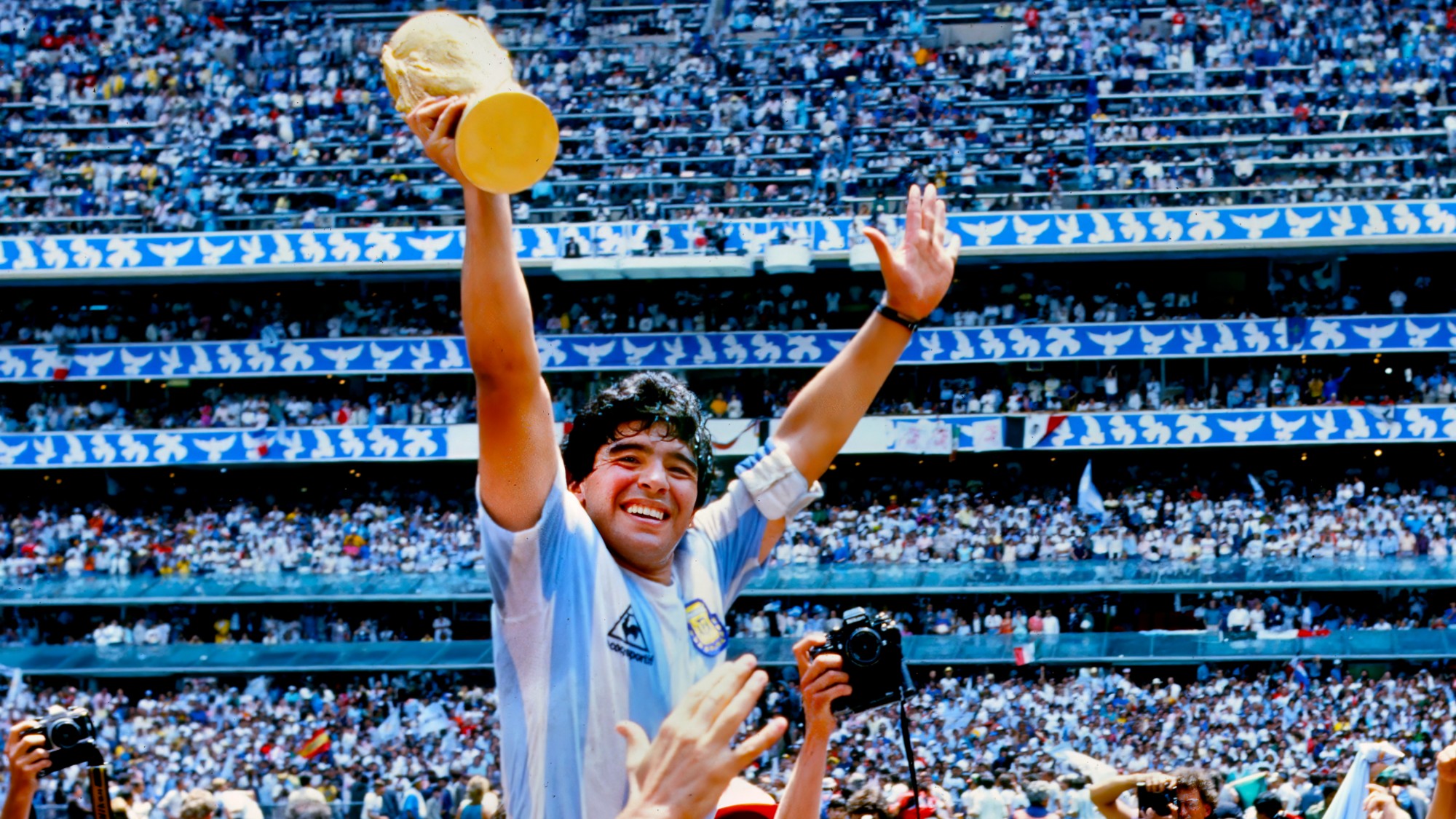 Five years after his death, Diego Maradona’s family demand justice
Five years after his death, Diego Maradona’s family demand justiceIn the Spotlight Argentine football legend’s medical team accused of negligent homicide and will stand trial – again – next year
-
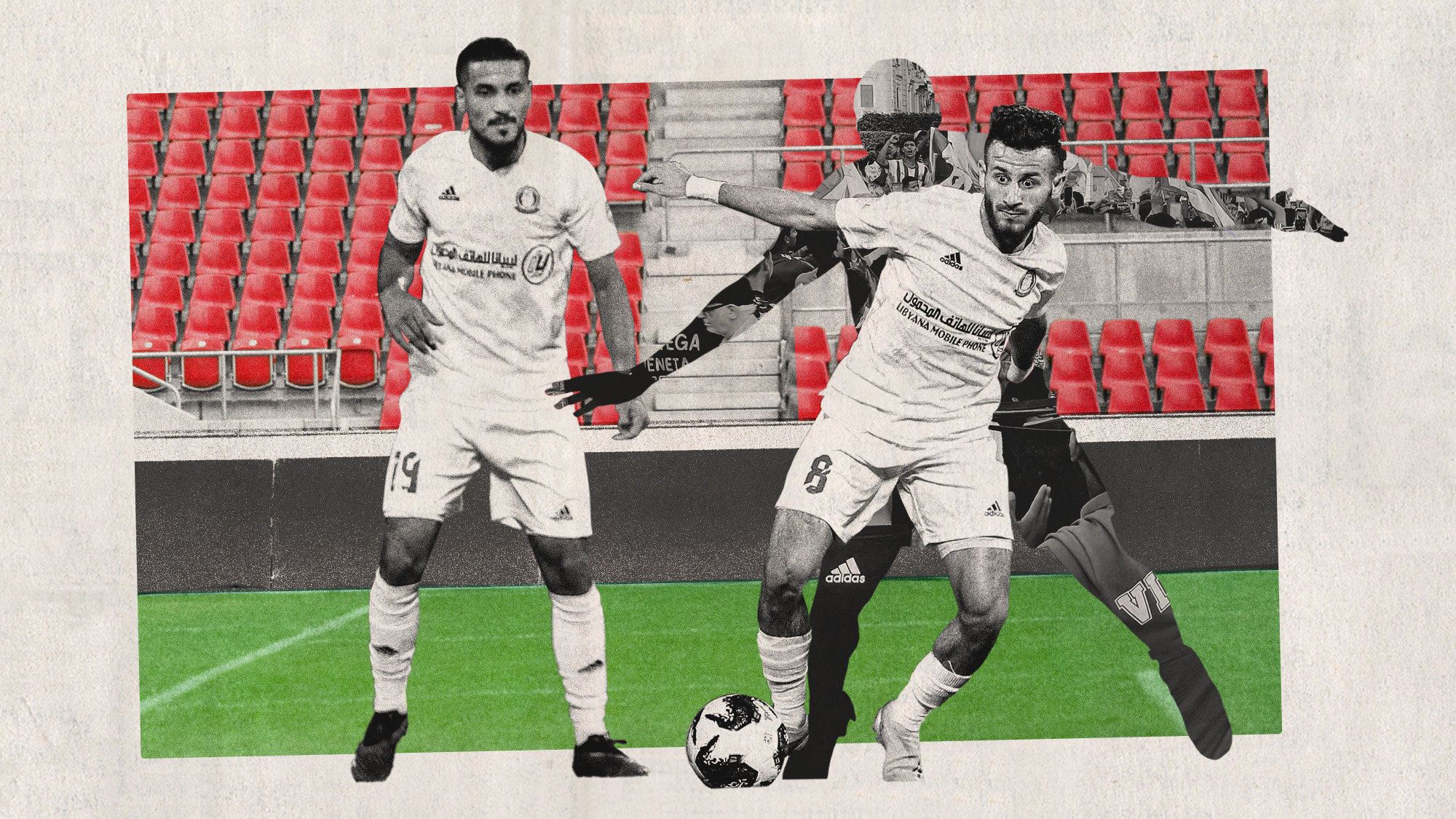 Libya's 'curious' football cup, played in Italy to empty stadiums
Libya's 'curious' football cup, played in Italy to empty stadiumsUnder The Radar 'Curious collaboration' saw Al-Ahli Tripoli crowned league champions in Milan before a handful of spectators
-
 Crisis? What crisis? How Lionesses made the Euros final against the odds
Crisis? What crisis? How Lionesses made the Euros final against the oddsAmid injuries and questions about form, England's women are one step away from glory
-
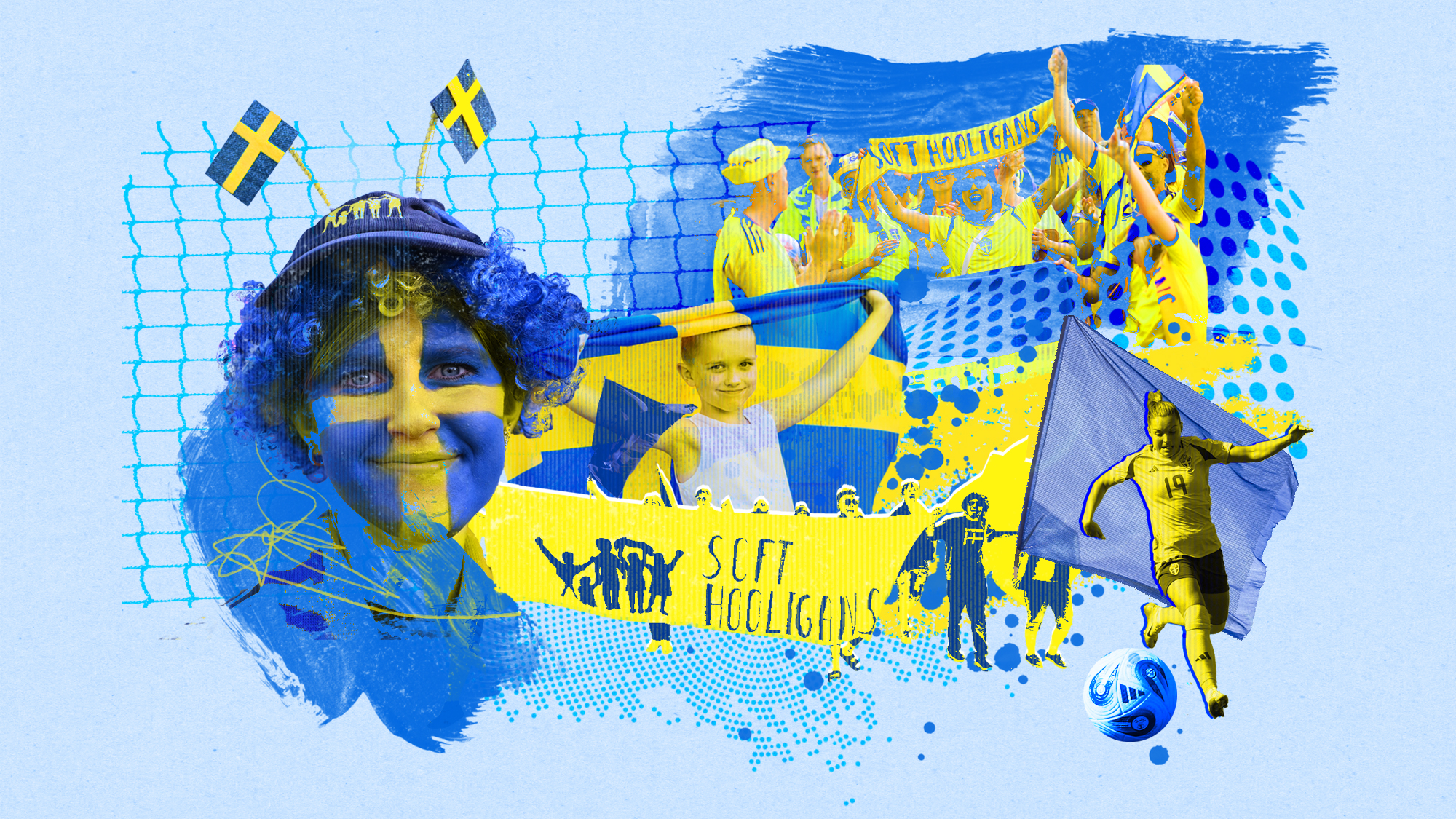 Sweden's Soft Hooligans: the fans who brought 'good vibes' to the Euros
Sweden's Soft Hooligans: the fans who brought 'good vibes' to the EurosUnder the Radar Formed to create a fun fan atmosphere, the Swedish football supporter group has been bringing the party to the championship